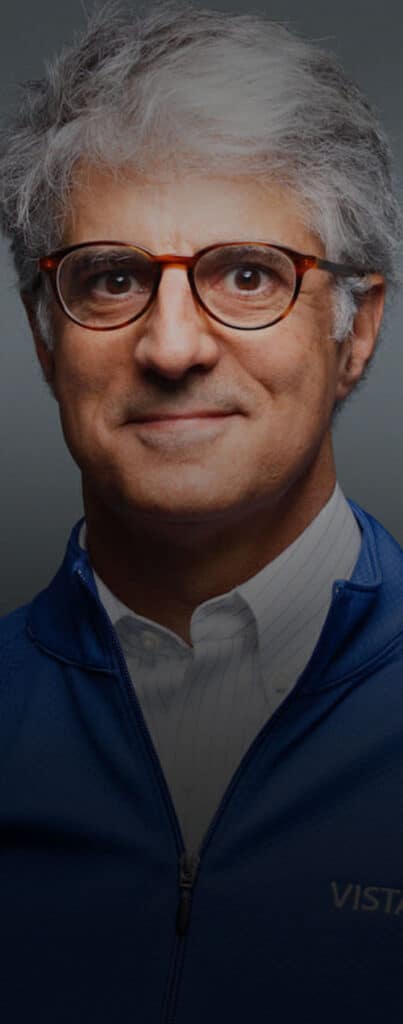
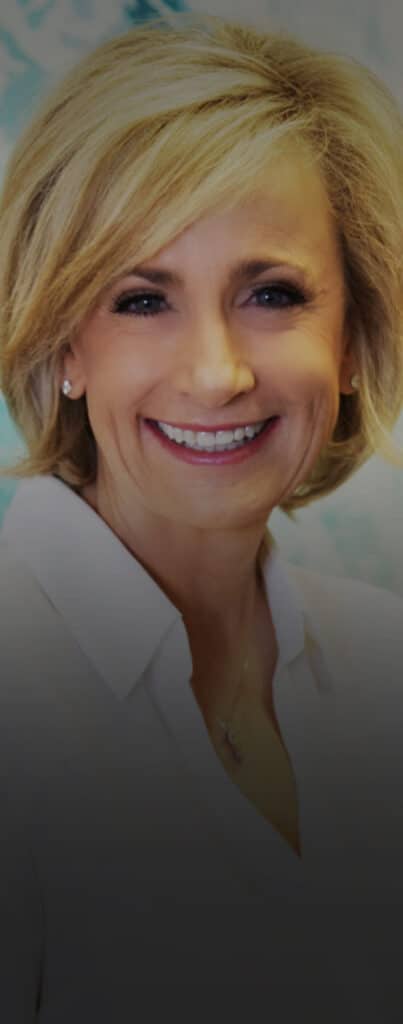
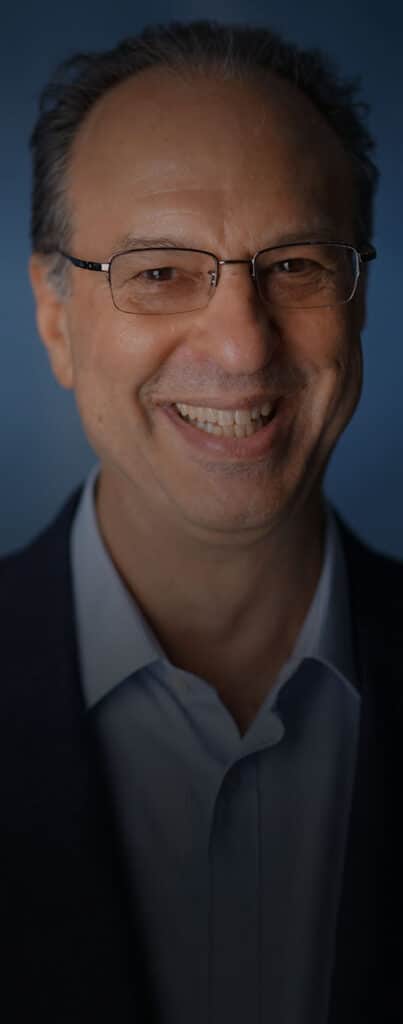
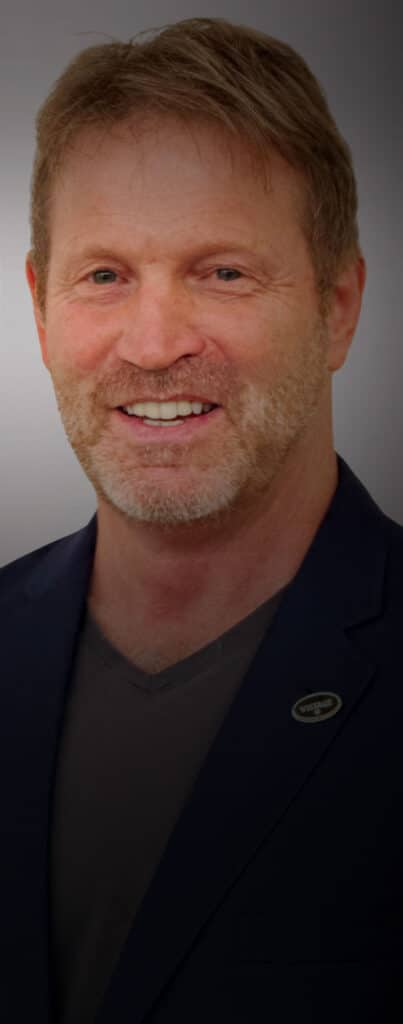
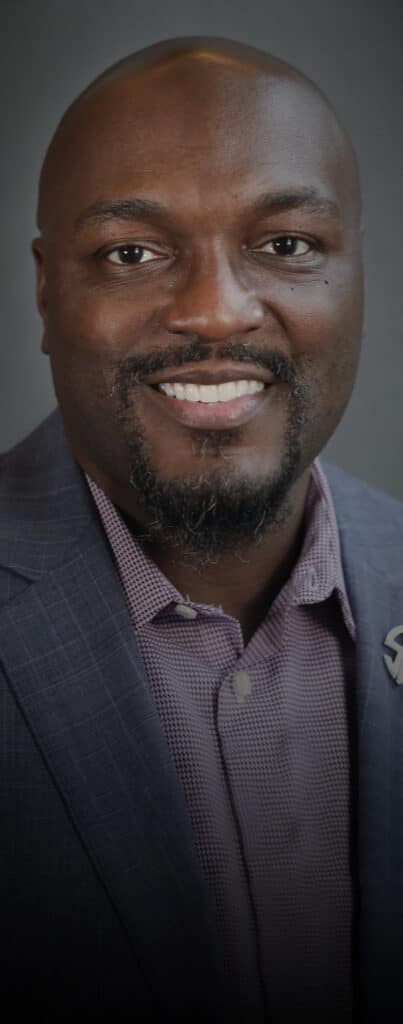
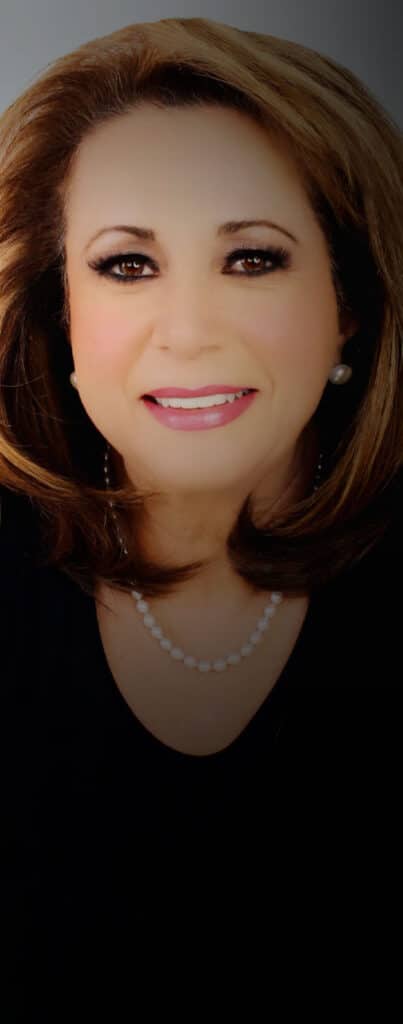
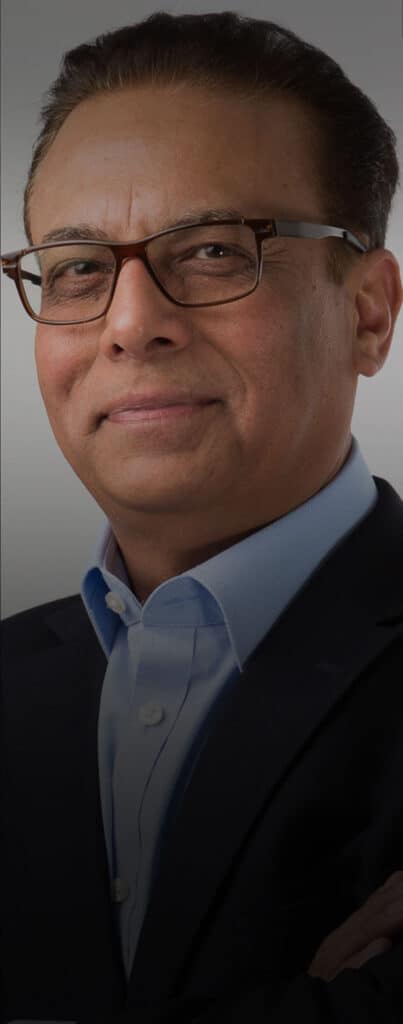
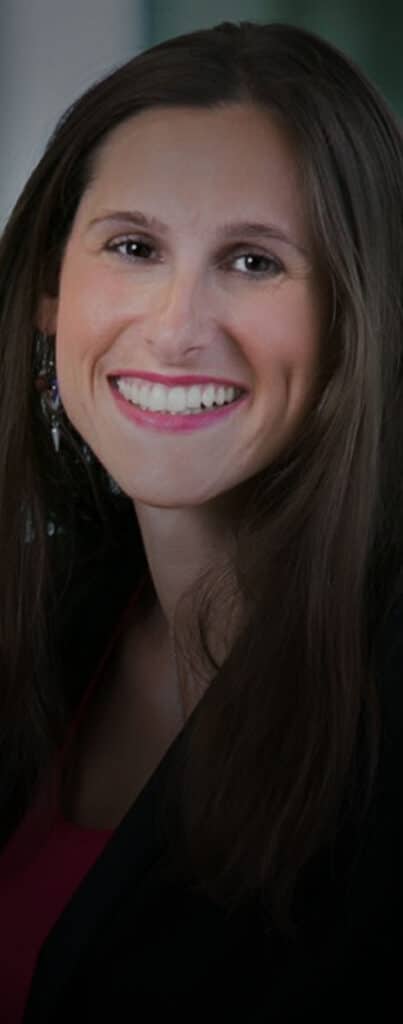
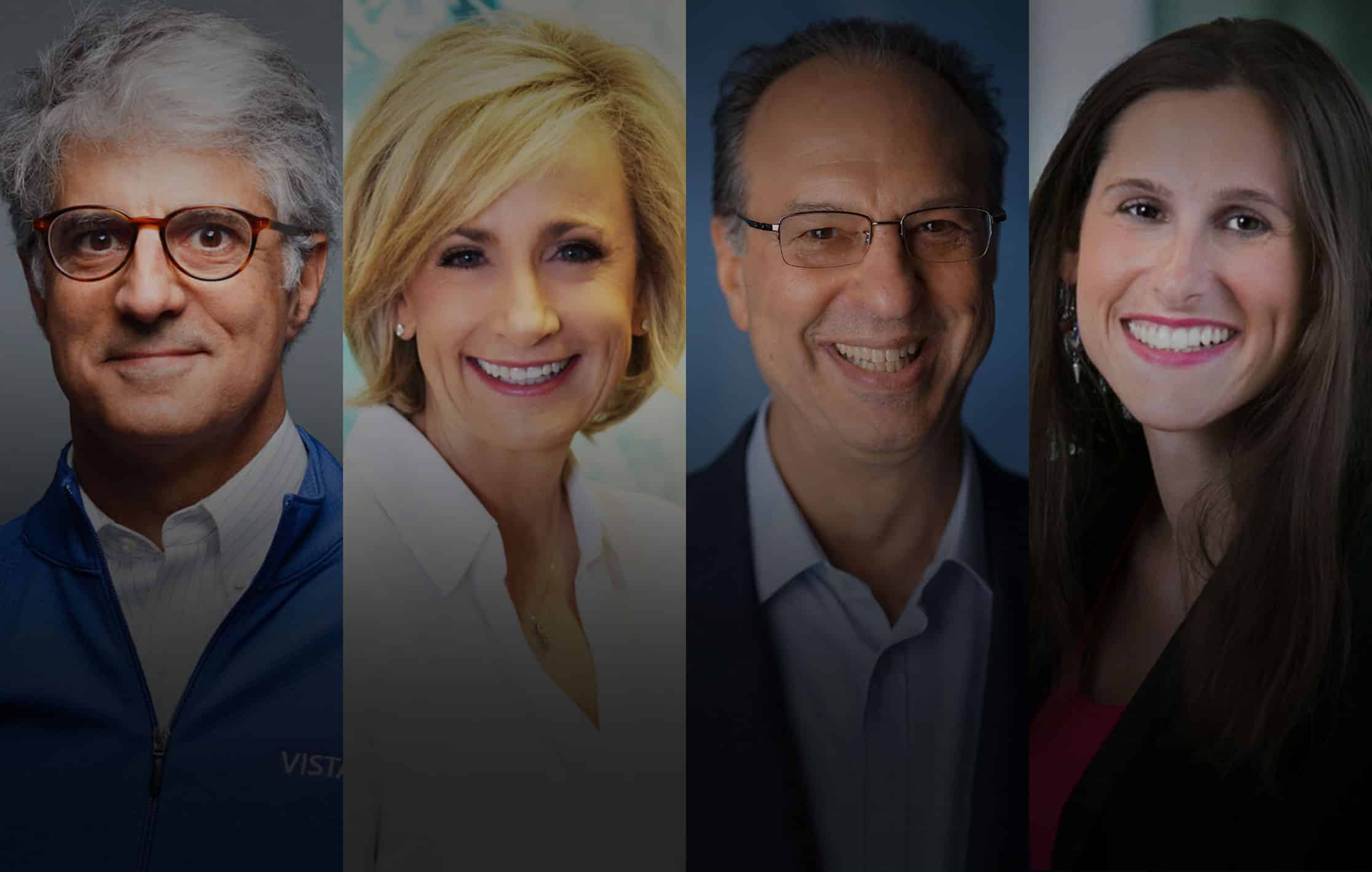
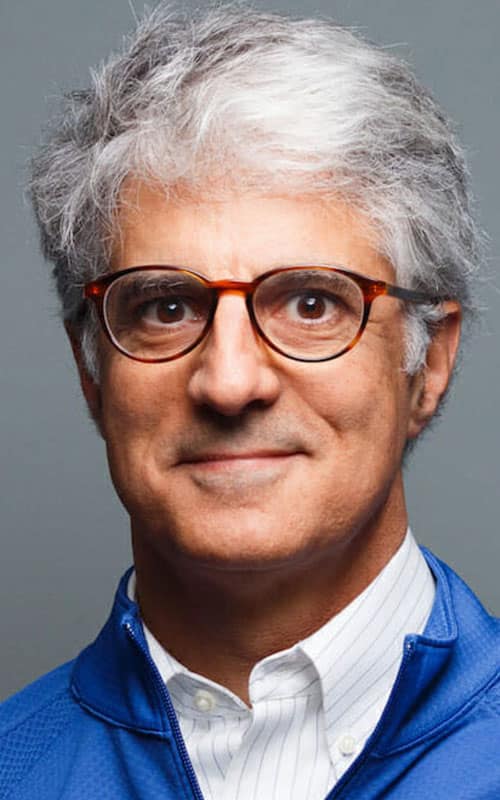
ARTIE ISAAC
What did life look like before you became a Vistage Chair?
I was 51 and enjoyed a career in advertising and business ownership but I felt I had much more to contribute. I sold my company as the recession hit in 2008, and began searching for a meaningful way to apply my skills and experience. Around that time, a Vistage Chair invited me to speak at his group meetings; I presented on problem solving and creativity— and loved it. By 2011, I had completed Chair Academy and launched a CEO group.
What does life look like as a Vistage Chair?
I’m surrounded and supported by effective training and resources, expertise, and the long-proven structure and support I need. I’m part of a community of Chairs who care. What an honor it is to be present for a CEO’s sudden awareness— when they have the answer to a struggle, or realize they are not in it alone, or take a moment to celebrate a victory, or address a peer’s challenges. In these advisory groups we’ve created an atmosphere of trust, sharing, warmth, and empathy— and for many it’s the only place they can let their guard down and really be seen. Chairing is the most fulfilling business role I’ve ever held and it allows me to apply all of my skills.
Why do you love serving CEOs and owners of Small and midsize businesses— this audience— in particular?
The multiplier effect. I believe that CEOs and owners of small and midsize businesses are pivotal in wealth creation and stability for so many families — and can also reduce (or increase) needless suffering in all those folks. I love Vistage members, and I am devoted to the people who rely on them. I’m in this for the families I never meet.
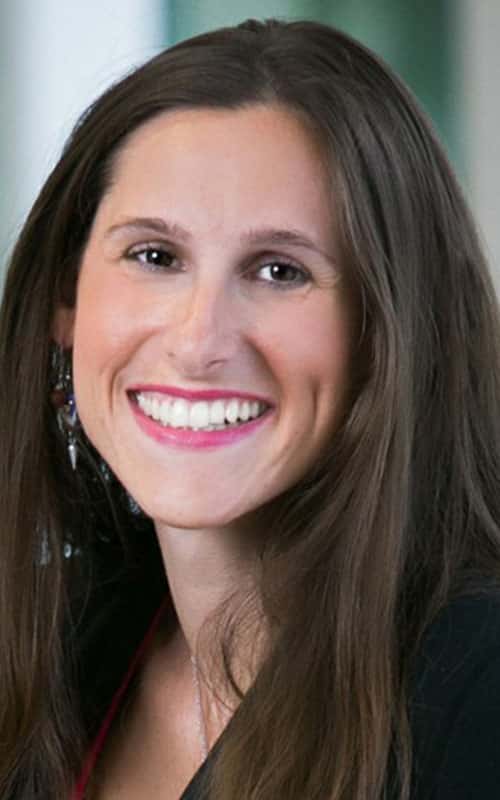
AVIVA LEEBOW WOLMER
What was life like before you became a Vistage coach?
I didn’t intend to work in business; my plan was to become a juvenile public defender. But after finishing law school, I took on a project at my family’s steel service business and realized I could make a big impact there. After working in various roles across the company, I became CEO and joined Vistage. I made investments in the company’s culture, talent, and technology. We were an industry leader and a regularly recognized top place to work.
Why did you decide to become an executive coach?
My Vistage Chair and others encouraged me, and I liked that coaching was a way to start my own business. I also wanted flexibility in my schedule and most importantly to do something that would make an impact. Chairing seemed like an opportunity to fulfill what I saw as my greater purpose: to enhance lives by empowering leaders to articulate their goals and achieve them. Building a CEO group took me out of my comfort zone, and it was worth it.
What does life look like now?
As a Vistage coach, I lead group meetings with over 50 high-caliber CEOs, senior executives, and business owners. They’re driven and ambitious, and we come together regularly to share ideas and support one another.
I have more flexibility than ever. I’m able to spend quality time with my son, stay involved in my synagogue, and volunteer in my community. I’ve learned that by designing my life the right way, I can have everything I want and make a meaningful impact.
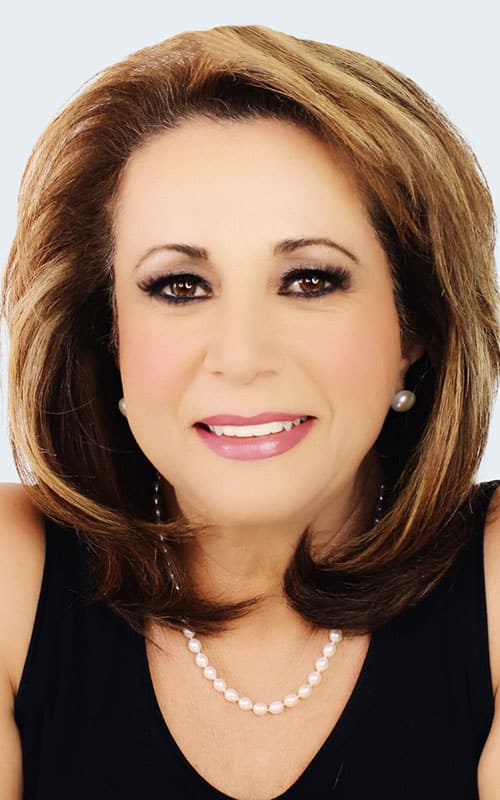
DR. MARYAM MALEK
What did life look like before you became an executive coach?
Earlier in my career, I was a senior executive with IBM, Xerox and Gallup, working with CEOs and Fortune 500 companies around the world. I also ran my own consulting practice. Later, while advising international corporations in Australia, I decided to make a change. I found it hard to make a difference with clients of that size; they were just too large.
Why did you decide to become a Vistage coach?
I really wanted to make an impact in business. My experience as a Vistage member made me wonder if coaching small and midsize business CEOs was the way to do it. It was a welcome surprise when my Vistage coach suggested the same.
Why do you like working with small and midsize businesses in particular?
You can make a real and immediate impact. Small and midsize firms have the agility to move quickly and implement new ideas. If I recommend something to a CEO in the morning, they might have it in place by the afternoon. It’s gratifying to see these companies get better results, faster.
What do you appreciate most about coaching for Vistage?
I like having independence with the support of Vistage, which takes care of all the back-of-the-house tasks I don’t like to do. I can be as busy as I want to be, and don’t ever have to retire if I don’t want to. Coaching also allows me to be my authentic self. There are no politics, just the opportunity for impact.
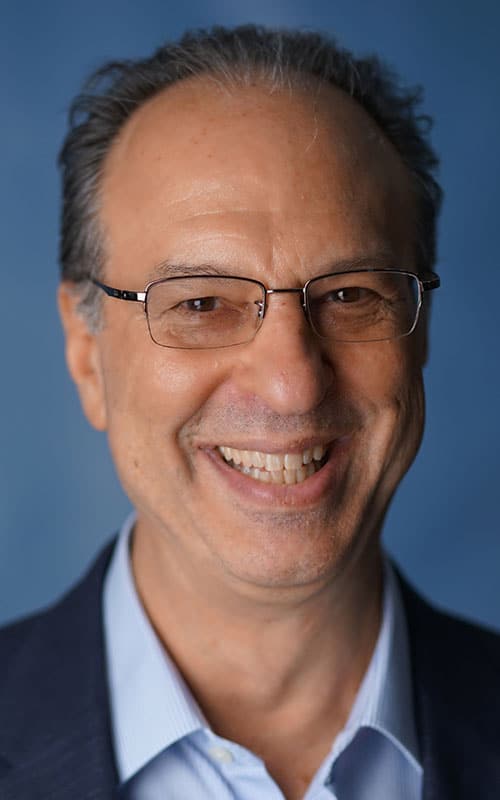
MARK TAYLOR
What did life look like before you became a Vistage coach?
I founded two businesses. My first business failed miserably. The second one was profitable every year, and it became one of the fastest-growing companies in Michigan. After 19 years in business, I decided to sell it.
That left me at a crossroads. I didn’t want to start another business; I was burnt out from years of high stress and constant travel. But I didn’t play golf, and I wasn’t ready to retire. I wanted a career where I could work out of my home, be with my wife and sleep in my own bed. And I wanted to do something that made a difference in other peoples’ lives. What was I going to do?
What does life look like now?
If you ask my wife, she’ll say she’s never seen me happier. I love having an impact on CEOs. I love having the opportunity to continuously learn. And I love having time to spend with my two grandchildren. When my own children were growing up, I was so busy working on my business that I wasn’t as present as I wanted to be. You get a second chance as a grandparent.
Why do you enjoy working with small and midsize business CEOs in particular?
I can relate to them. Many are founders or generational leaders. They are carrying on their family legacies or creating a family legacy.
I come from a working-class background. My mom was a single mom who worked two jobs while raising three kids. Some of the CEOs I work with have also come from very modest means and have created generational wealth; in fact, 15 have sold their companies. I just got an email from a CEO with a background similar to mine who sold his company for over $100 million dollars. He said, “I just want to thank you. You have no idea how much you’ve changed my life.”
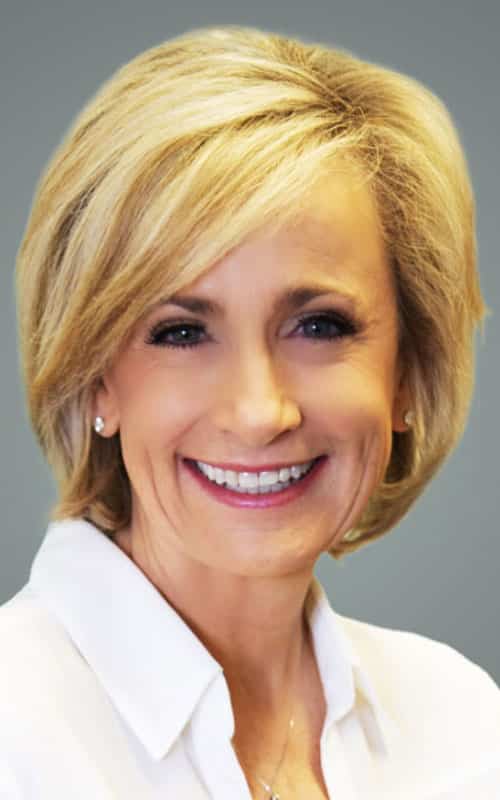
ROBIN STANALAND
What did life look like before you became an executive coach?
For years, I was running an IT company and traveling 40% of the time, my largest client was based overseas. I wanted a better work-life balance and, after deciding to exit the company, worked with my Vistage coach to figure out what was next.
Through those conversations, I recognized that pursuing entrepreneurial opportunities would enable me to stay engaged in the business world I love while juggling responsibilities as a wife and mother.
Why did you decide to become a coach?
Being a former Vistage member was pivotal for my leadership growth. The idea of becoming a Vistage coach always intrigued me, though I initially saw it as part of a retirement career. To my surprise, at age 41, I was approached for the role. Although I initially had doubts about my credibility, the training and encouragement from other Vistage coaches gave me the reassurance I needed to move forward. Now, after 17 fulfilling years as an executive coach, I realize this role was my calling and I absolutely love it.
What does life look like now?
I lead a fulfilling and balanced life, staying deeply connected with my two daughters and maintaining a thriving 37 year marriage. I am fortunate to spend time with my adorable grandsons who live next door, and occasionally get to ride my horse.
As a Vistage coach, I lead seven groups and support over 100 local business leaders. While I continue to manage my M&A firm, my focus is now on doing fewer deals and only working with referrals.
What do you appreciate most about executive coaching?
I appreciate the unique role that coaches play in members’ lives. Many CEOs don’t have someone they can talk to, whether they’re facing a personal or business challenge. As a coach, we are someone they can rely on for anything. We are always available to help them navigate their journey. We have their back, no matter what.
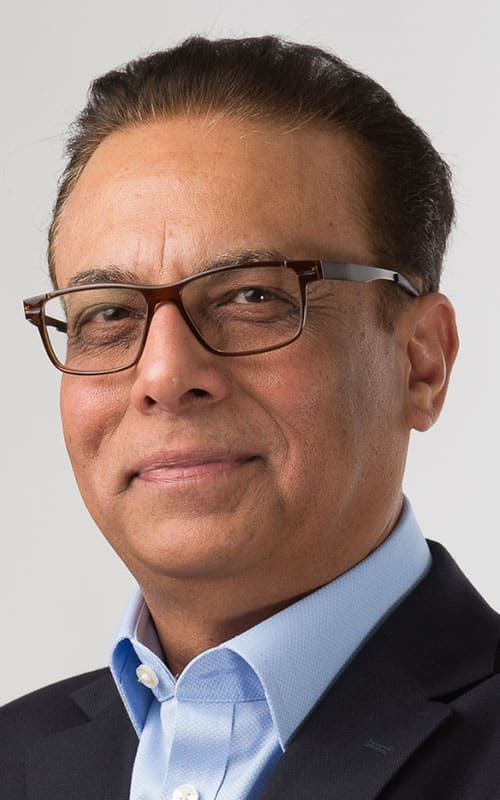
VIPON KUMAR
What did life look like before you became an executive coach?
I spent 30+ years as a jet-setting global executive, working across six industries and doing business in more than 50 countries. Most recently, I held two jobs at a private brand company; I was head of the imports and exports business unit, and I led the company’s global sourcing and supply chain unit. I spent about 100 days each year traveling from country to country. It was tiring and stressful.
And then, at the age of 56, I unexpectedly had triple bypass heart surgery. I knew then that I needed a reset. I asked myself: What do I do with this gift of a new life?
Why did you decide to become a Vistage coach?
Vistage asked if I wanted to talk to them about becoming an executive coach, or “Chair” as they call it. I said, “What’s a Chair?” They gave me a synopsis, and everything fell into place—as if somebody had been planning it for me. It was like the whole world was trying to help me.
I saw Vistage as my way to give forward—to help create an ecosystem of growth-oriented leaders who are compassionate, intellectually humble and nimble. Without knowing it, I was preparing for this work my whole life.
What do you appreciate most about coaching for Vistage?
Life is balanced, and there is never a dull day. I now work with more than 50 great business leaders across four groups. I love helping members grow beyond their expectations. I am here to serve because so many people helped me in life. It is just paying it forward, and creating another group of leaders who will do the same.
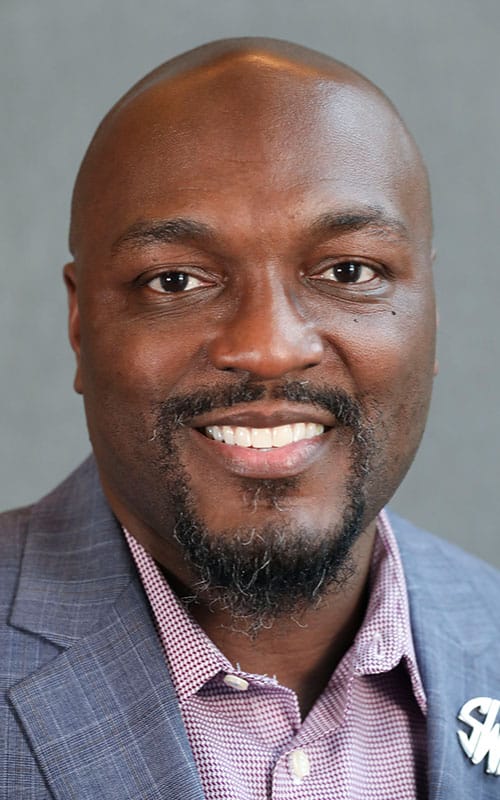
SHAWN K. WOODS
What did life look like before you became an executive coach?
I grew up in the inner city of Chicago, where drugs and violence were part of everyday life. I felt called to be the antidote to those problems and pursued a career in law enforcement. As a decorated detective, I served in various capacities including crisis negotiation, homicide and narcotics investigations.
What I didn’t know then was that the critical skills used during negotiations including interviewing, interrogating and understanding the psychology of human behavior was preparing me for a life-changing role as a Vistage coach. It taught me how to connect with people, process issues, resolve conflict, and more importantly be an empathetic listener.
Later, after earning my MBA, I dove headfirst into the corporate world and became a serial entrepreneur. Eventually, I reconnected with my first love: professional speaking, coaching and training. I’ve made it my life’s work to help individuals and organizations reach their full potential.
Why is coaching SMB executives so important to you?
My first business failed. I applied the lessons learned to start a second company, and I grew that business to $10M in 36 months. Then the recession hit, I lost it all and became homeless. It taught me the power of not going at it alone, which is why I’m passionate about leading a Vistage group now. We are a family. If you aren’t in a Vistage group, you’re missing a great opportunity to create a successful portfolio.
Why did you decide to become a Vistage coach?
I was speaking, facilitating and coaching on my own when I came across Vistage. It offered me another platform to bring together high-caliber CEOs and Executives to solve challenges. The group dynamic allows you to get to know members better and develop deeper relationships. I also appreciated that Chairing a Vistage Group added to my legacy of transforming people, processes, and organizations to reach their full potential. Vistage gives you every tool you need to succeed.
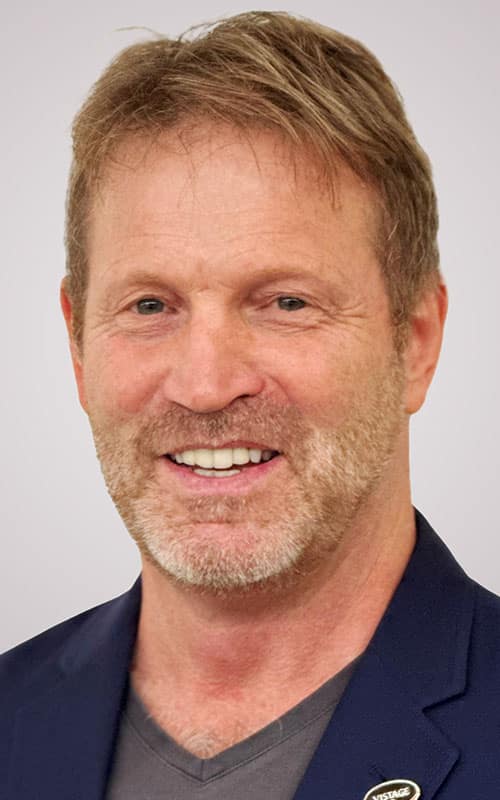
KEVIN MCKEOWN
What did life look like before you became a Vistage coach?
I started my career in law, but it was the wrong fit. So, I moved over to business, first working for two Japanese companies and then becoming a serial entrepreneur. I was in the middle of building a business when I began having the nagging feeling that something was missing from my life. I wasn’t happy, and my 17-year marriage was falling apart. Eventually, we divorced, and I knew I needed to make a change.
Around that time, a recruiter from Vistage contacted me about becoming a coach. I wasn’t sure why they thought I was right for the role. I agreed to talk to them and was surprised to learn that coaching for Vistage was exactly the work I was looking for.
Why did you decide to become a coach for Vistage?
I liked the challenge of starting a different type of business venture. When someone asked me how I was going to launch a CEO group, I said: “I’m not building one group. I’m building five.” I also saw this work as a chance to be a “ripple maker” — someone who starts a ripple and passes it on, creating a tsunami of change.
What does life look like now?
I love my work. I lead five peer groups for CEOs, business owners and executives across the Seattle metro area. Because I’m an introvert, I organize my schedule in order to have downtime between one-to-one sessions. I’m transparent in sharing this with CEOs. Recharging allows me to fully show up for them. I’m also dating someone new.
ARTIE ISAAC
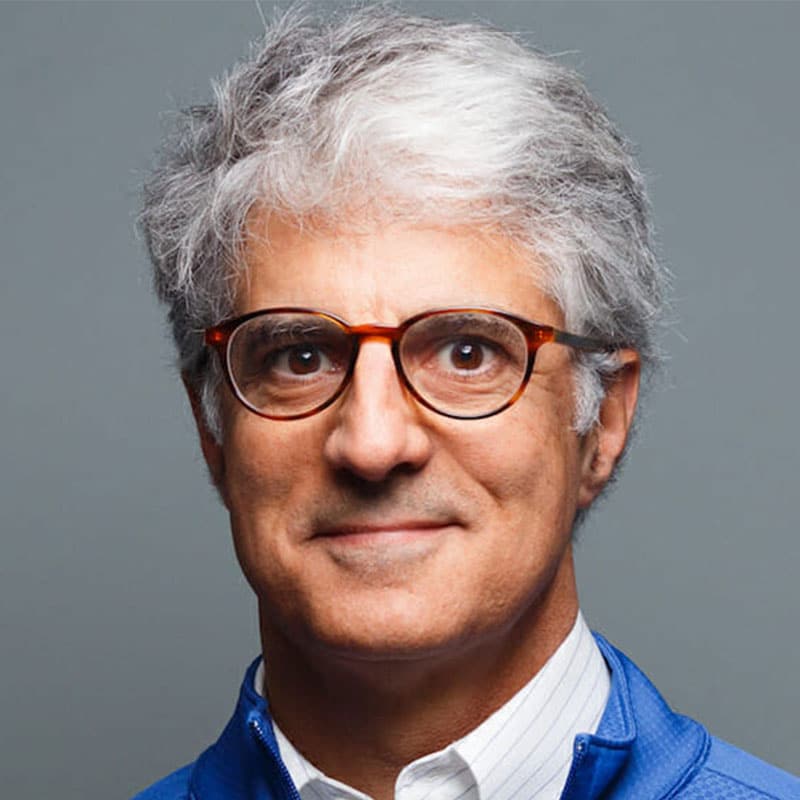
What did life look like before you became a Vistage Chair?
I was 51 and enjoyed a career in advertising and business ownership but I felt I had much more to contribute. I sold my company as the recession hit in 2008, and began searching for a meaningful way to apply my skills and experience. Around that time, a Vistage Chair invited me to speak at his group meetings; I presented on problem solving and creativity— and loved it. By 2011, I had completed Chair Academy and launched a CEO group.
What does life look like as a Vistage Chair?
I’m surrounded and supported by effective training and resources, expertise, and the long-proven structure and support I need. I’m part of a community of Chairs who care. What an honor it is to be present for a CEO’s sudden awareness— when they have the answer to a struggle, or realize they are not in it alone, or take a moment to celebrate a victory, or address a peer’s challenges. In these advisory groups we’ve created an atmosphere of trust, sharing, warmth, and empathy— and for many it’s the only place they can let their guard down and really be seen. Chairing is the most fulfilling business role I’ve ever held and it allows me to apply all of my skills.
Why do you love serving CEOs and owners of Small and midsize businesses— this audience— in particular?
The multiplier effect. I believe that CEOs and owners of small and midsize businesses are pivotal in wealth creation and stability for so many families — and can also reduce (or increase) needless suffering in all those folks. I love Vistage members, and I am devoted to the people who rely on them. I’m in this for the families I never meet.
AVIVA LEEBOW WOLMER
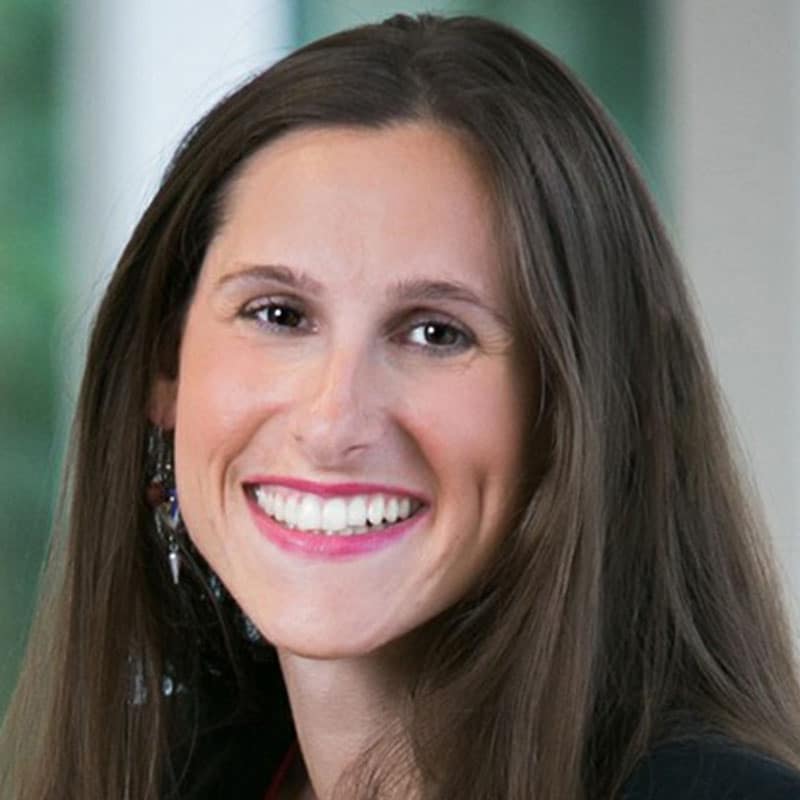
What was life like before you became a Vistage coach?
I didn’t intend to work in business; my plan was to become a juvenile public defender. But after finishing law school, I took on a project at my family’s steel service business and realized I could make a big impact there. After working in various roles across the company, I became CEO and joined Vistage. I made investments in the company’s culture, talent, and technology. We were an industry leader and a regularly recognized top place to work.
Why did you decide to become an executive coach?
My Vistage Chair and others encouraged me, and I liked that coaching was a way to start my own business. I also wanted flexibility in my schedule and most importantly to do something that would make an impact. Chairing seemed like an opportunity to fulfill what I saw as my greater purpose: to enhance lives by empowering leaders to articulate their goals and achieve them. Building a CEO group took me out of my comfort zone, and it was worth it.
What does life look like now?
As a Vistage coach, I lead group meetings with over 50 high-caliber CEOs, senior executives, and business owners. They’re driven and ambitious, and we come together regularly to share ideas and support one another.
I have more flexibility than ever. I’m able to spend quality time with my son, stay involved in my synagogue, and volunteer in my community. I’ve learned that by designing my life the right way, I can have everything I want and make a meaningful impact.
DR. MARYAM MALEK
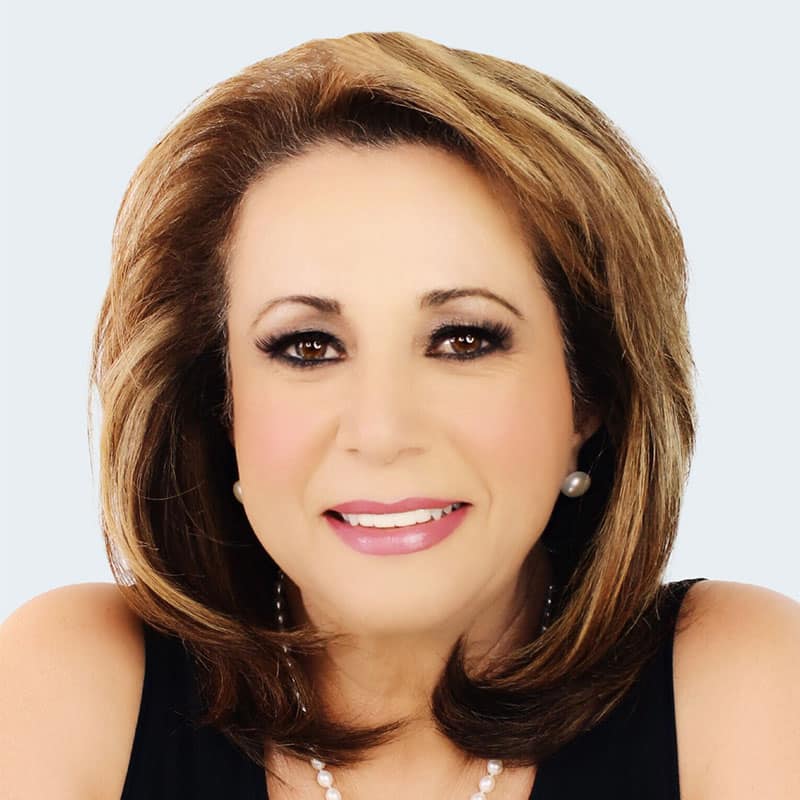
What did life look like before you became an executive coach?
Earlier in my career, I was a senior executive with IBM, Xerox and Gallup, working with CEOs and Fortune 500 companies around the world. I also ran my own consulting practice. Later, while advising international corporations in Australia, I decided to make a change. I found it hard to make a difference with clients of that size; they were just too large.
Why did you decide to become a Vistage coach?
I really wanted to make an impact in business. My experience as a Vistage member made me wonder if coaching small and midsize business CEOs was the way to do it. It was a welcome surprise when my Vistage coach suggested the same.
Why do you like working with small and midsize businesses in particular?
You can make a real and immediate impact. Small and midsize firms have the agility to move quickly and implement new ideas. If I recommend something to a CEO in the morning, they might have it in place by the afternoon. It’s gratifying to see these companies get better results, faster.
What do you appreciate most about coaching for Vistage?
I like having independence with the support of Vistage, which takes care of all the back-of-the-house tasks I don’t like to do. I can be as busy as I want to be, and don’t ever have to retire if I don’t want to. Coaching also allows me to be my authentic self. There are no politics, just the opportunity for impact.
MARK TAYLOR
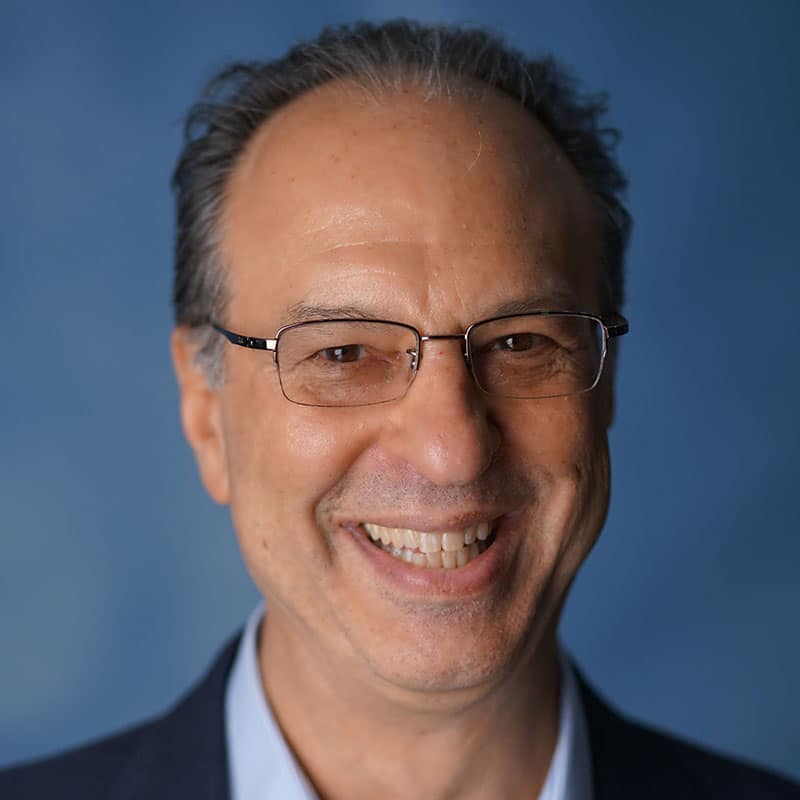
What did life look like before you became a Vistage coach?
I founded two businesses. My first business failed miserably. The second one was profitable every year, and it became one of the fastest-growing companies in Michigan. After 19 years in business, I decided to sell it.
That left me at a crossroads. I didn’t want to start another business; I was burnt out from years of high stress and constant travel. But I didn’t play golf, and I wasn’t ready to retire. I wanted a career where I could work out of my home, be with my wife and sleep in my own bed. And I wanted to do something that made a difference in other peoples’ lives. What was I going to do?
What does life look like now?
If you ask my wife, she’ll say she’s never seen me happier. I love having an impact on CEOs. I love having the opportunity to continuously learn. And I love having time to spend with my two grandchildren. When my own children were growing up, I was so busy working on my business that I wasn’t as present as I wanted to be. You get a second chance as a grandparent.
Why do you enjoy working with small and midsize business CEOs in particular?
I can relate to them. Many are founders or generational leaders. They are carrying on their family legacies or creating a family legacy.
I come from a working-class background. My mom was a single mom who worked two jobs while raising three kids. Some of the CEOs I work with have also come from very modest means and have created generational wealth; in fact, 15 have sold their companies. I just got an email from a CEO with a background similar to mine who sold his company for over $100 million dollars. He said, “I just want to thank you. You have no idea how much you’ve changed my life.”
ROBIN STANALAND
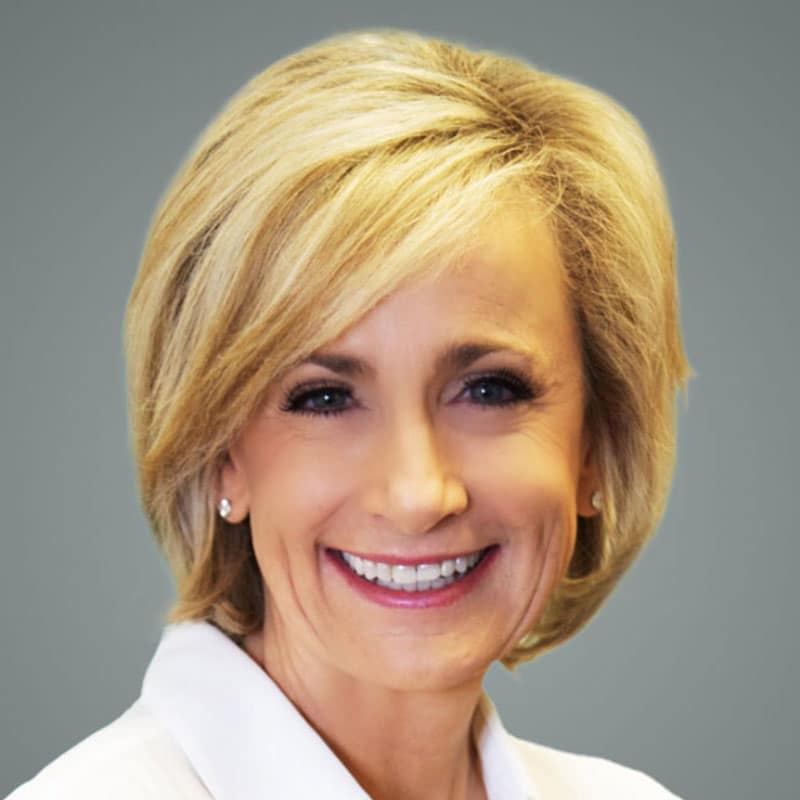
What did life look like before you became an executive coach?
For years, I was running an IT company and traveling 40% of the time, my largest client was based overseas. I wanted a better work-life balance and, after deciding to exit the company, worked with my Vistage coach to figure out what was next.
Through those conversations, I recognized that pursuing entrepreneurial opportunities would enable me to stay engaged in the business world I love while juggling responsibilities as a wife and mother.
Why did you decide to become a coach?
Being a former Vistage member was pivotal for my leadership growth. The idea of becoming a Vistage coach always intrigued me, though I initially saw it as part of a retirement career. To my surprise, at age 41, I was approached for the role. Although I initially had doubts about my credibility, the training and encouragement from other Vistage coaches gave me the reassurance I needed to move forward. Now, after 17 fulfilling years as an executive coach, I realize this role was my calling and I absolutely love it.
What does life look like now?
I lead a fulfilling and balanced life, staying deeply connected with my two daughters and maintaining a thriving 37 year marriage. I am fortunate to spend time with my adorable grandsons who live next door, and occasionally get to ride my horse.
As a Vistage coach, I lead seven groups and support over 100 local business leaders. While I continue to manage my M&A firm, my focus is now on doing fewer deals and only working with referrals.
What do you appreciate most about executive coaching?
I appreciate the unique role that coaches play in members’ lives. Many CEOs don’t have someone they can talk to, whether they’re facing a personal or business challenge. As a coach, we are someone they can rely on for anything. We are always available to help them navigate their journey. We have their back, no matter what.
VIPON KUMAR
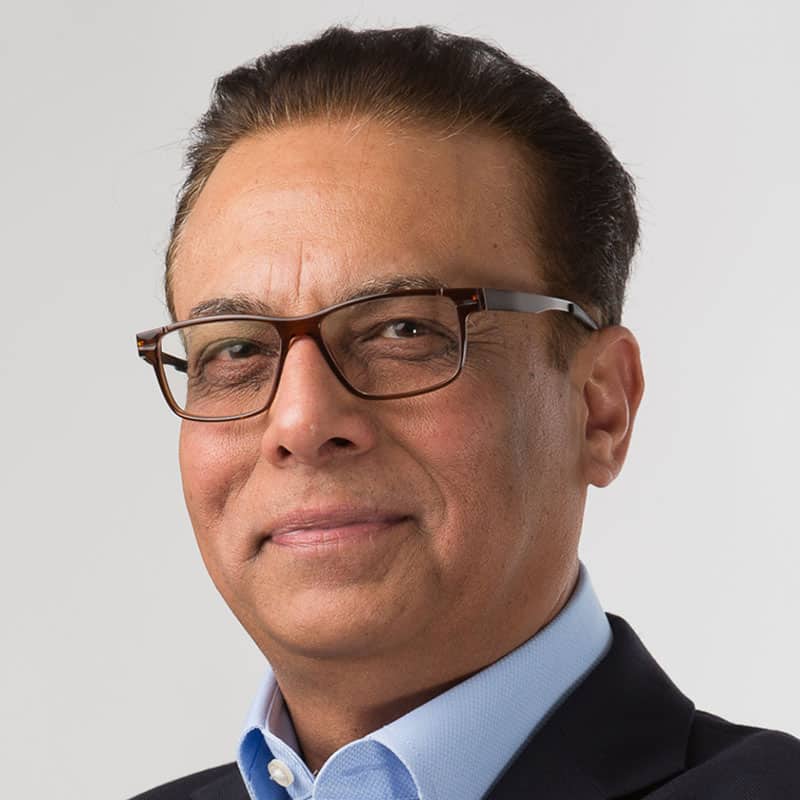
What did life look like before you became an executive coach?
I spent 30+ years as a jet-setting global executive, working across six industries and doing business in more than 50 countries. Most recently, I held two jobs at a private brand company; I was head of the imports and exports business unit, and I led the company’s global sourcing and supply chain unit. I spent about 100 days each year traveling from country to country. It was tiring and stressful.
And then, at the age of 56, I unexpectedly had triple bypass heart surgery. I knew then that I needed a reset. I asked myself: What do I do with this gift of a new life?
Why did you decide to become a Vistage coach?
Vistage asked if I wanted to talk to them about becoming an executive coach, or “Chair” as they call it. I said, “What’s a Chair?” They gave me a synopsis, and everything fell into place—as if somebody had been planning it for me. It was like the whole world was trying to help me.
I saw Vistage as my way to give forward—to help create an ecosystem of growth-oriented leaders who are compassionate, intellectually humble and nimble. Without knowing it, I was preparing for this work my whole life.
What do you appreciate most about coaching for Vistage?
Life is balanced, and there is never a dull day. I now work with more than 50 great business leaders across four groups. I love helping members grow beyond their expectations. I am here to serve because so many people helped me in life. It is just paying it forward, and creating another group of leaders who will do the same.
SHAWN K. WOODS
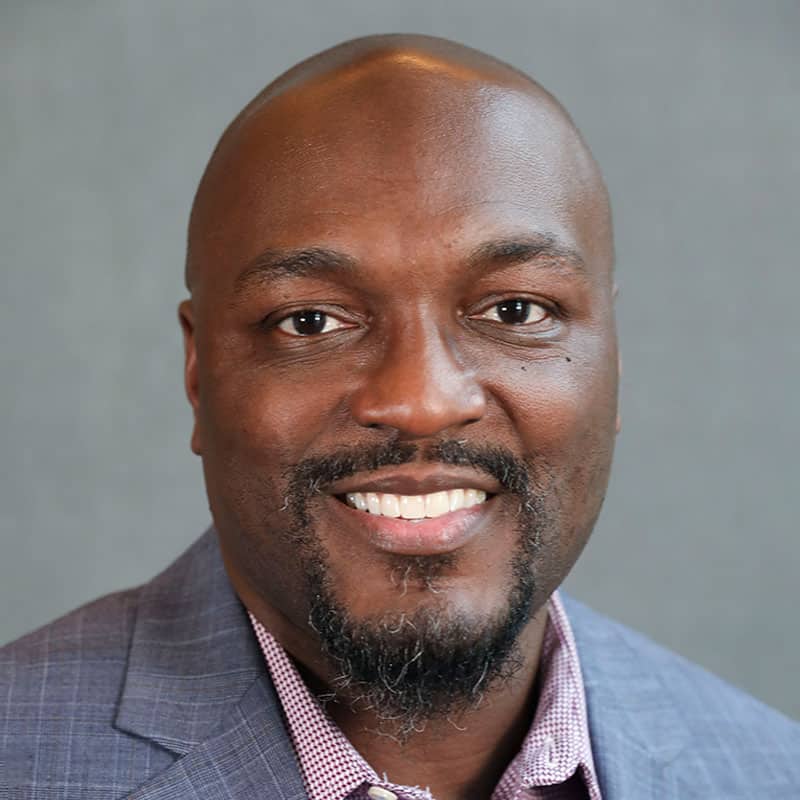
What did life look like before you became an executive coach?
I grew up in the inner city of Chicago, where drugs and violence were part of everyday life. I felt called to be the antidote to those problems and pursued a career in law enforcement. As a decorated detective, I served in various capacities including crisis negotiation, homicide and narcotics investigations.
What I didn’t know then was that the critical skills used during negotiations including interviewing, interrogating and understanding the psychology of human behavior was preparing me for a life-changing role as a Vistage coach. It taught me how to connect with people, process issues, resolve conflict, and more importantly be an empathetic listener.
Later, after earning my MBA, I dove headfirst into the corporate world and became a serial entrepreneur. Eventually, I reconnected with my first love: professional speaking, coaching and training. I’ve made it my life’s work to help individuals and organizations reach their full potential.
Why is coaching SMB executives so important to you?
My first business failed. I applied the lessons learned to start a second company, and I grew that business to $10M in 36 months. Then the recession hit, I lost it all and became homeless. It taught me the power of not going at it alone, which is why I’m passionate about leading a Vistage group now. We are a family. If you aren’t in a Vistage group, you’re missing a great opportunity to create a successful portfolio.
Why did you decide to become a Vistage coach?
I was speaking, facilitating and coaching on my own when I came across Vistage. It offered me another platform to bring together high-caliber CEOs and Executives to solve challenges. The group dynamic allows you to get to know members better and develop deeper relationships. I also appreciated that Chairing a Vistage Group added to my legacy of transforming people, processes, and organizations to reach their full potential. Vistage gives you every tool you need to succeed.
KEVIN MCKEOWN
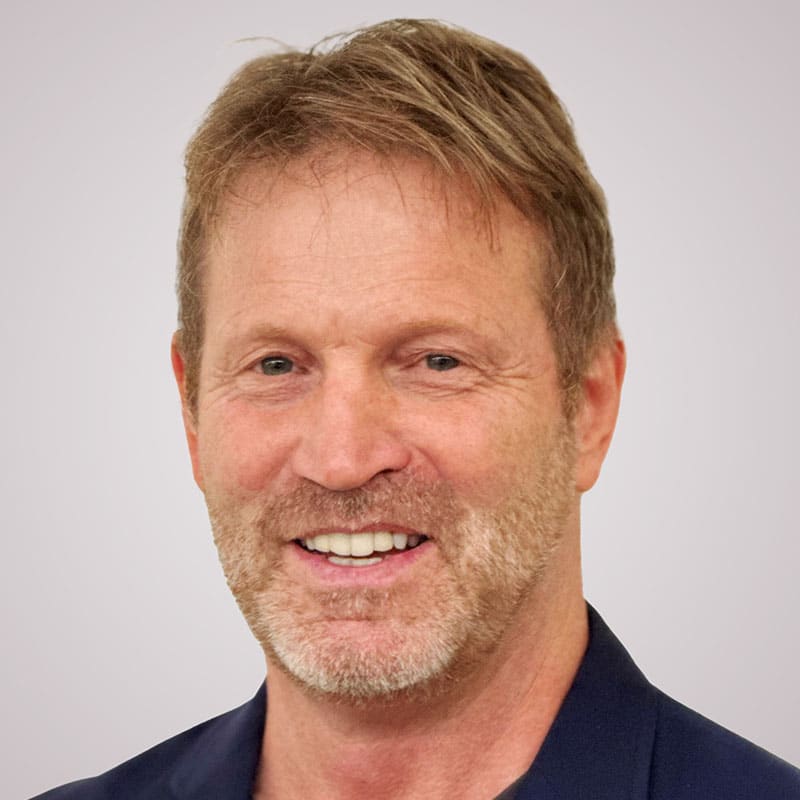
What did life look like before you became a Vistage coach?
I started my career in law, but it was the wrong fit. So, I moved over to business, first working for two Japanese companies and then becoming a serial entrepreneur. I was in the middle of building a business when I began having the nagging feeling that something was missing from my life. I wasn’t happy, and my 17-year marriage was falling apart. Eventually, we divorced, and I knew I needed to make a change.
Around that time, a recruiter from Vistage contacted me about becoming a coach. I wasn’t sure why they thought I was right for the role. I agreed to talk to them and was surprised to learn that coaching for Vistage was exactly the work I was looking for.
Why did you decide to become a coach for Vistage?
I liked the challenge of starting a different type of business venture. When someone asked me how I was going to launch a CEO group, I said: “I’m not building one group. I’m building five.” I also saw this work as a chance to be a “ripple maker” — someone who starts a ripple and passes it on, creating a tsunami of change.
What does life look like now?
I love my work. I lead five peer groups for CEOs, business owners and executives across the Seattle metro area. Because I’m an introvert, I organize my schedule in order to have downtime between one-to-one sessions. I’m transparent in sharing this with CEOs. Recharging allows me to fully show up for them. I’m also dating someone new.
1,200 World Class Coaches Guiding 45,000 SMB Leaders to Greater Heights
As leaders, Vistage Chairs achieved success in their companies. Now, they leverage their unique perspectives and our time-honored coaching principles to coach others.
Principles Used By the Best Coaches in the World
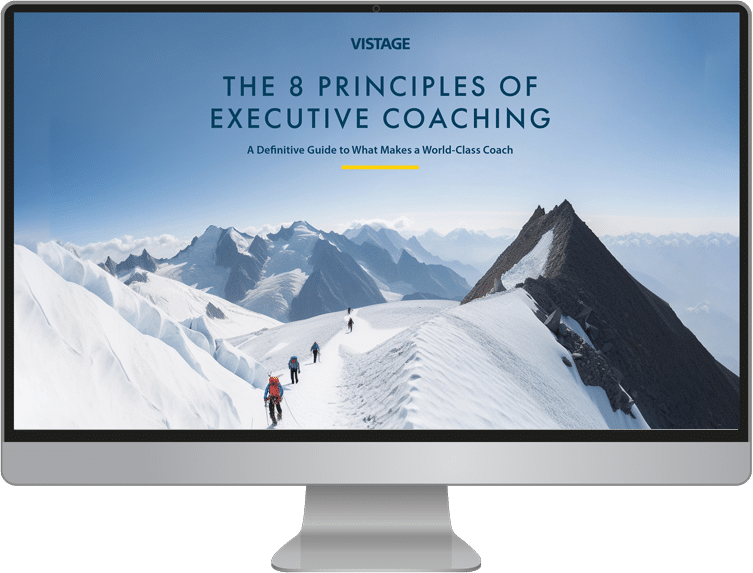
Download it to learn:
- Coaching techniques to elicit the best results in others
- Why coaching isn’t just a job; it’s a calling
- How to actually listen to others (and ask the right questions)
- How to respectfully challenge the people you coach
Unfamiliar with Vistage?
Discover our proven, comprehensive approach that makes us the world’s most trusted executive coaching organization. Explore our approach to coaching.
To view the PDF fill out the form below.
